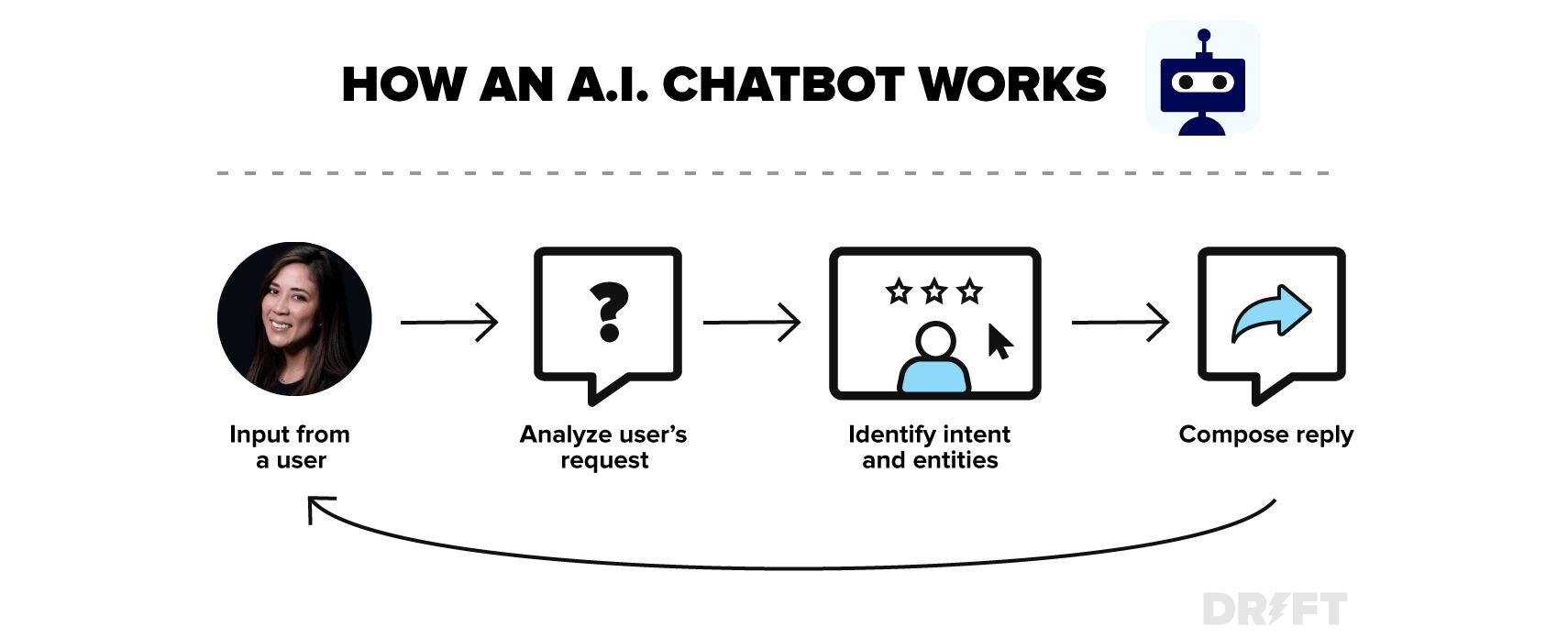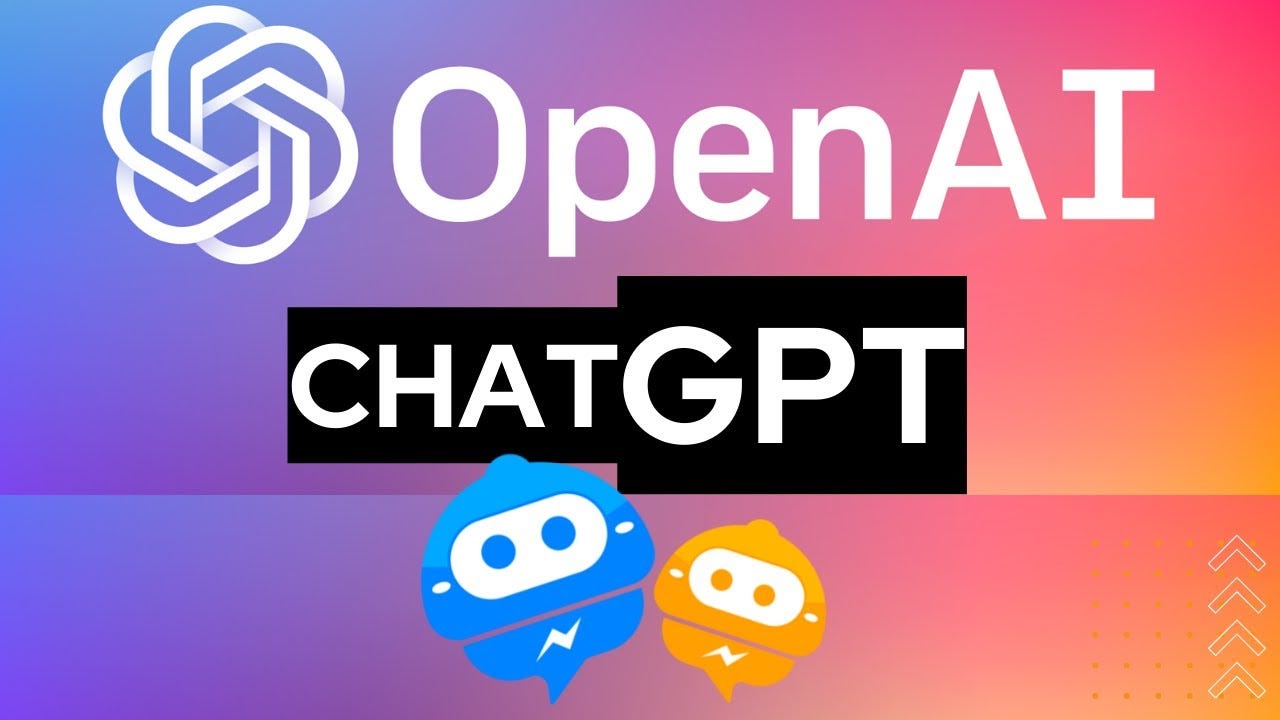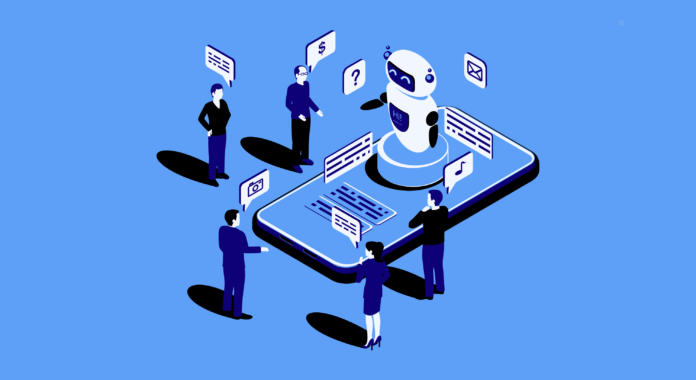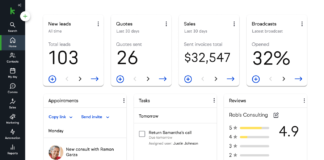Artificial Intelligence chatbots are programs designed to simulate human conversation. They can interact with users and provide automated responses.
Artificial Intelligence chatbots have revolutionized the way businesses interact with their customers. These sophisticated programs use natural language processing and machine learning to understand and respond to user queries. Chatbots can handle a wide range of tasks, from answering customer service questions to assisting with online shopping.
They are available 24/7, providing instant support and enhancing user experience. Businesses can save time and resources by implementing chatbots, as they reduce the need for human intervention. As technology advances, AI chatbots continue to become more intuitive and efficient, making them invaluable tools in various industries.
Table of Contents

Credit: www.salesloft.com
Introduction To Ai Chatbots
Artificial Intelligence (AI) Chatbots are transforming our digital interactions. They mimic human conversation using advanced algorithms. Businesses use them for customer service, marketing, and more. These chatbots are available 24/7, making them highly efficient.
What Is An Ai Chatbot?
An AI Chatbot is a software application. It uses AI to simulate human-like conversations. These chatbots understand and respond to text or voice inputs. They can handle a wide range of tasks. From answering customer queries to booking appointments, their capabilities are vast.
- Respond to customer queries
- Provide product recommendations
- Assist in booking appointments
- Offer technical support
AI Chatbots employ Natural Language Processing (NLP). NLP helps them understand and interpret human language. These chatbots learn and improve over time. This process is called machine learning.
History Of Chatbots
The concept of chatbots dates back to the 1960s. The first known chatbot was ELIZA. Created by Joseph Weizenbaum, ELIZA mimicked a psychotherapist. It used simple pattern matching techniques.
| Year | Chatbot | Description |
|---|---|---|
| 1966 | ELIZA | First chatbot, simulated a psychotherapist. |
| 1995 | ALICE | Used natural language processing. |
| 2001 | SmarterChild | Integrated with AIM and MSN Messenger. |
| 2011 | Siri | Apple’s virtual assistant. |
Modern chatbots are far more advanced. They use AI, NLP, and machine learning. They can engage in complex conversations. They also learn from every interaction.
Today, chatbots are an essential part of customer service. They are used in various industries. From healthcare to finance, their applications are limitless.
How Ai Chatbots Work
AI chatbots are revolutionizing how we interact with technology. They can simulate human conversations and provide instant responses. Understanding their working mechanisms can help appreciate their capabilities.
Natural Language Processing
Natural Language Processing (NLP) is crucial for AI chatbots. NLP allows chatbots to understand human language. It involves breaking down sentences into understandable parts.
- Tokenization: Splitting text into individual words or tokens.
- Sentiment Analysis: Determining the emotion behind the text.
- Entity Recognition: Identifying key elements like names or dates.
Machine Learning Algorithms
Machine Learning (ML) algorithms are the brains behind chatbots. These algorithms learn from data to improve responses. They use complex patterns to predict user needs.
- Supervised Learning: Trains the chatbot with labeled data.
- Unsupervised Learning: Finds patterns in unlabeled data.
- Reinforcement Learning: Improves through trial and error.
ML algorithms constantly evolve. They make chatbots smarter and more intuitive.
| Technique | Description |
|---|---|
| Supervised Learning | Uses labeled data for training. |
| Unsupervised Learning | Identifies patterns in data. |
| Reinforcement Learning | Learns from feedback. |
Understanding these components can help appreciate how AI chatbots work. They combine NLP and ML to interact seamlessly with users.
Benefits For Customer Service
Artificial Intelligence (AI) chatbots are revolutionizing customer service. They offer multiple benefits to businesses. Customers enjoy faster support and improved experiences. Let’s explore how AI chatbots enhance customer service.
24/7 Availability
AI chatbots provide round-the-clock support. They never need breaks or sleep. Customers can get help anytime, even at midnight. This constant availability improves customer satisfaction. Businesses don’t need to hire night shifts, saving money.
Instant Responses
AI chatbots offer instant responses to customer queries. No more waiting on hold. They can handle multiple chats simultaneously. This reduces waiting times and keeps customers happy. Quick answers lead to better customer experiences.

Credit: ddi-dev.com
Improving Customer Experience
Artificial Intelligence (AI) chatbots are transforming the way businesses interact with customers. They enhance the customer experience by making it faster and more personalized. Customers now expect quick, tailored responses 24/7. AI chatbots meet these demands efficiently.
Personalized Interactions
AI chatbots use customer data to provide personalized interactions. They remember past conversations and preferences. This helps in offering better recommendations. For example, a chatbot can suggest products based on past purchases. This makes the customer feel valued and understood.
Here are some benefits of personalized interactions:
- Increased customer satisfaction
- Higher engagement rates
- Better customer retention
Handling High Volumes
AI chatbots excel at handling high volumes of customer queries. They can manage thousands of conversations simultaneously. This ensures that customers don’t have to wait long for responses.
Here is a comparison of human agents and AI chatbots:
| Feature | Human Agents | AI Chatbots |
|---|---|---|
| Response Time | Minutes to Hours | Seconds |
| Availability | Limited (Business Hours) | 24/7 |
| Scalability | Limited | Unlimited |
AI chatbots improve customer experience by reducing wait times and providing instant support. This keeps customers happy and engaged.
👉👉What is Chatbots? Revolutionizing Customer Interaction
Challenges And Limitations
Artificial Intelligence (AI) chatbots have revolutionized customer service. They offer quick responses and 24/7 availability. But they also face significant challenges and limitations. These hurdles impact their effectiveness and user satisfaction.
Understanding Context
AI chatbots often struggle with understanding context. They may not grasp nuances in conversations. This leads to misunderstandings and irrelevant responses. Context is crucial for meaningful interactions. Without it, chatbots can frustrate users.
For example, chatbots may fail with ambiguous phrases. They lack the human ability to infer meaning from context. This limitation restricts their ability to handle real-world conversations.
Handling Complex Queries
Another challenge is handling complex queries. AI chatbots excel with simple questions. But they falter with intricate issues. Complex queries often require multi-step solutions. Chatbots may not manage these effectively.
For instance, technical support queries often involve multiple layers. A chatbot might answer basic questions but struggle with deeper issues. This limits their usefulness in technical support roles.
To summarize:
- AI chatbots excel with simple, direct questions.
- They struggle with context and nuance.
- Complex, multi-step queries often overwhelm them.
Integration With Existing Systems
Artificial Intelligence (AI) chatbots enhance customer service. They integrate seamlessly with existing systems. This ensures a smooth user experience. Let’s dive into how AI chatbots integrate with key systems.
Crm Integration
AI chatbots easily integrate with Customer Relationship Management (CRM) systems. This provides a unified view of customer data. It helps in personalizing interactions. Chatbots can access and update records in real-time. This keeps the data current and relevant.
Here are the key benefits of CRM integration:
- Real-time data updates
- Personalized customer interactions
- Improved customer service efficiency
Below is a table summarizing the benefits:
| Benefit | Description |
|---|---|
| Real-time Data Updates | Ensures customer data is always current. |
| Personalized Interactions | Tailors responses based on customer history. |
| Efficiency | Reduces response time and improves service. |
Omni-channel Support
AI chatbots offer omni-channel support. They can interact across various platforms. This includes websites, social media, and mobile apps. Users get consistent service everywhere.
Key features of omni-channel support:
- Seamless transitions between channels
- Consistent messaging across platforms
- Enhanced customer satisfaction
With omni-channel support, AI chatbots ensure customers feel valued. They can continue conversations without repeating information.
Future Trends In Ai Chatbots
The world of AI chatbots is evolving rapidly. Future trends reveal exciting advancements and increased adoption. These trends will shape how businesses and users interact with technology.
Advancements In Ai
Artificial Intelligence is getting smarter every day. Chatbots now use Natural Language Processing (NLP) to understand human language better. This means chatbots can have more natural conversations.
Machine Learning allows chatbots to learn from past interactions. They can provide more accurate and relevant responses over time. This continuous improvement enhances user experience.
AI chatbots are also integrating with other technologies. For example, they can connect with Internet of Things (IoT) devices to control smart homes. This makes them even more useful.
Another advancement is in the area of multilingual support. AI chatbots can now communicate in multiple languages. This broadens their reach to a global audience.
Increased Adoption
More businesses are adopting AI chatbots. They see the benefits in terms of cost savings and efficiency. Chatbots can handle customer service inquiries 24/7. This means businesses can provide support at any time.
Users are also becoming more comfortable interacting with chatbots. The improved conversational abilities make chatbots more user-friendly. People appreciate quick and accurate responses.
AI chatbots are being used in various industries. In healthcare, for example, chatbots can help schedule appointments or provide medical information. In e-commerce, they assist with product recommendations and order tracking.
Even in education, chatbots serve as virtual tutors. They provide personalized learning experiences. This helps students understand complex topics better.
Case Studies
Artificial Intelligence chatbots have revolutionized customer service across industries. This section dives into real-life case studies, showcasing successful implementations and the lessons learned. These examples illustrate the transformative power of AI chatbots in solving specific business challenges.
Successful Implementations
Several companies have successfully integrated AI chatbots to enhance customer experience. Below are a few notable examples:
| Company | Industry | Outcome |
|---|---|---|
| ABC Bank | Banking | Reduced customer wait times by 50% |
| XYZ Retail | Retail | Increased online sales by 30% |
| HealthCare Inc. | Healthcare | Improved patient satisfaction scores |
ABC Bank implemented an AI chatbot for their online banking platform. The chatbot handled routine inquiries, reducing customer wait times by 50%. This improvement led to higher customer satisfaction.
XYZ Retail introduced an AI chatbot to assist with product recommendations. The chatbot increased online sales by 30%. Customers appreciated the personalized shopping experience.
HealthCare Inc. used an AI chatbot to streamline appointment scheduling. The chatbot improved patient satisfaction scores. Patients found it easier to book appointments without waiting on hold.
Lessons Learned
These case studies provide valuable insights into what works and what doesn’t. Here are some key lessons learned:
- User Training: Educate users on how to interact with the chatbot.
- Continuous Improvement: Regularly update the chatbot to address new issues.
- Data Privacy: Ensure data security to build customer trust.
User Training is crucial. Many users are unfamiliar with chatbots. Training helps them understand how to use the technology effectively.
Continuous Improvement is essential. Chatbots must be regularly updated. This ensures they remain effective in addressing customer queries.
Data Privacy is a significant concern. Ensuring data security builds trust with customers. This trust encourages more users to interact with the chatbot.

Credit: abhiappmobiledeveloper.medium.com
Frequently Asked Questions
What Is An Ai Chatbot?
An AI chatbot is a software program that uses artificial intelligence to simulate human conversation. It can answer questions, provide information, and assist users.
How Do Ai Chatbots Work?
AI chatbots use natural language processing to understand and respond to user inputs. They analyze text, identify intent, and generate relevant replies.
What Are The Benefits Of Ai Chatbots?
AI chatbots offer 24/7 customer support, improve user engagement, and automate repetitive tasks. They enhance efficiency and provide instant responses.
Can Ai Chatbots Improve Customer Service?
Yes, AI chatbots can significantly improve customer service. They provide quick, accurate answers and reduce wait times, enhancing user satisfaction.
Conclusion
AI chatbots have transformed how businesses interact with customers. They offer quick responses and improve user experience. By integrating AI chatbots, companies can enhance efficiency and customer satisfaction. Embrace this technology to stay ahead in the competitive market. AI chatbots are the future of customer service and engagement.













